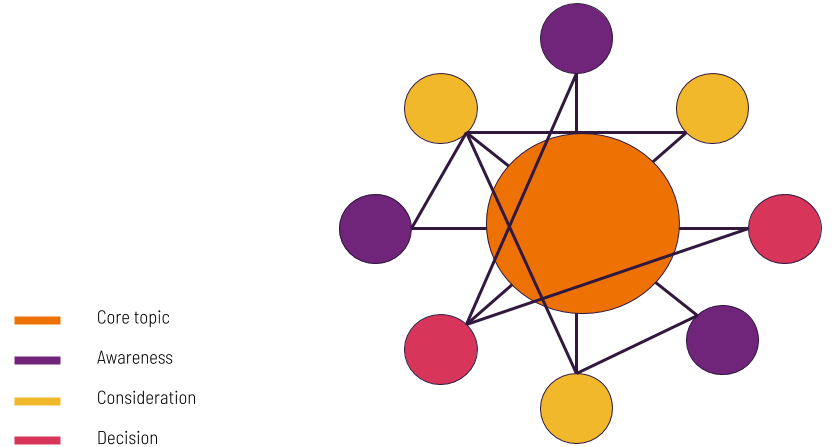While we love to keep things fresh on the Metigy podcast, some themes, ideas and core pillars need to be visited more than once to really stick. And that sticky theme is… [drum roll please] resilience. Resilience is synonymous with flexibility, durability, toughness, and the ability to spring back. Find out how the factors of growth and resilience play in entrepreneurial life on this episode of Forward Thinking.
Brain Lim is a telecommunications entrepreneur who persevered through naysayers and pessimists about his idea that crosses between the space industry and telecommunications.
He’s networked and supported over 1,000 startups across six continents and has raised more than USD $5million dollars for the companies he has founded.
As the founder and CEO of Dandelions (formerly known as Wise Consulting), Brian integrates emergency services, space logistics and on-demand Internet of Things (IOT) to build solutions for public safety.
What you will learn in this episode:

- Why business owner’s objectives are to reach the highest level of Maslow’s pyramid – Self transcendence
- The importance of having a mentor and how to get a one that’s suitable for you
- The shared economy of talent, kindness and experience
- Persevering through business failures and gaining self-confidence
- The start to Dandelions (FKA Wise Consulting) and its ideation to process
- The process behind speed-reading and note-taking
- The four beautiful minds (Buddhism)
Notable quotes:

- “The world doesn’t work on self-interest – The world runs off self transcendence”
- “A lot of people’s success have come from individuals that have such high levels of transcendence that they sometimes forget to take care of themselves”
- “Every high performance athlete, business person, priest in a church – everyone had a mentor”
- “Is be kind and generous to everyone, to the best of your ability. You don’t know what they’ll return to you as a favor or you know how they will give back”
Resources mentioned:

Book recommendations:
- Extreme Ownership by Jocko Willink
- Robert Greene’s
- Jordan Peterson’s
- Science of Social Influence, frontiers of social psychology
- The Lucifer Effect by Philip Zimbardo
- One Sentence Persuasion by Blair Warren
- The Kybalian by Three Initiates
What business would you build on Mars?

Reach Brian here:
Transcript










